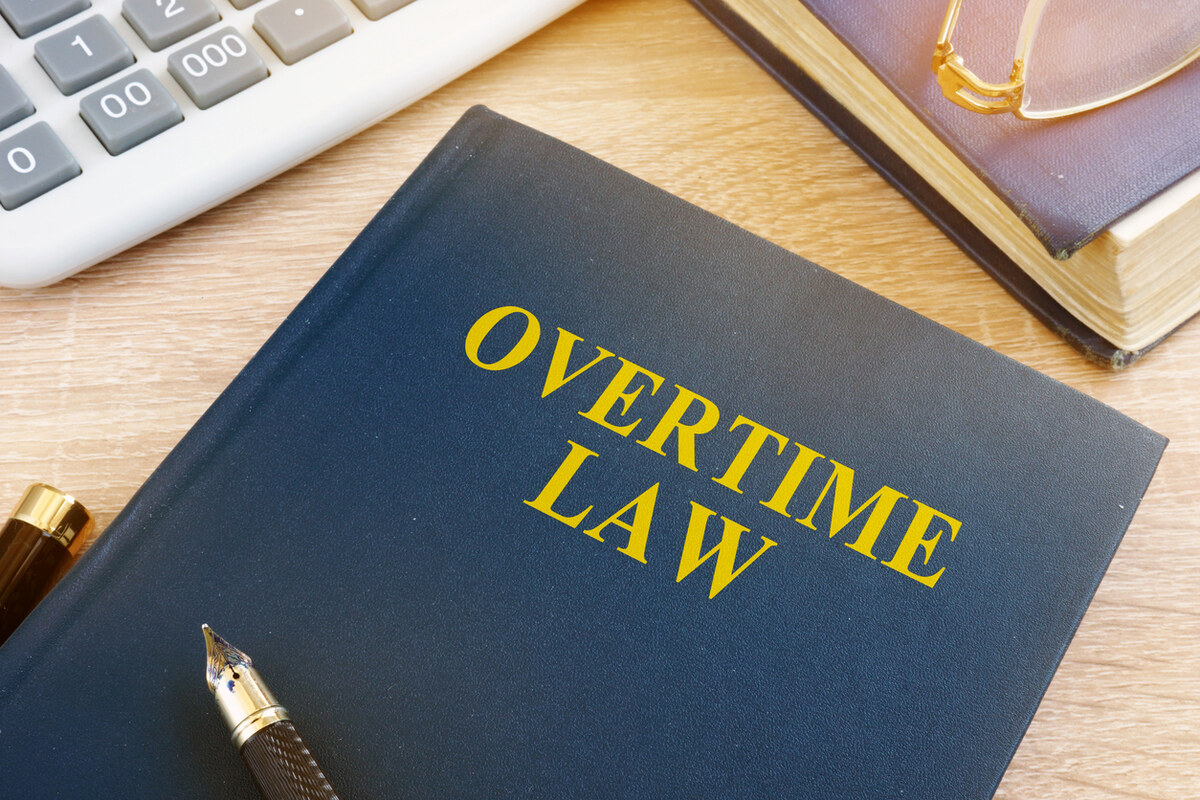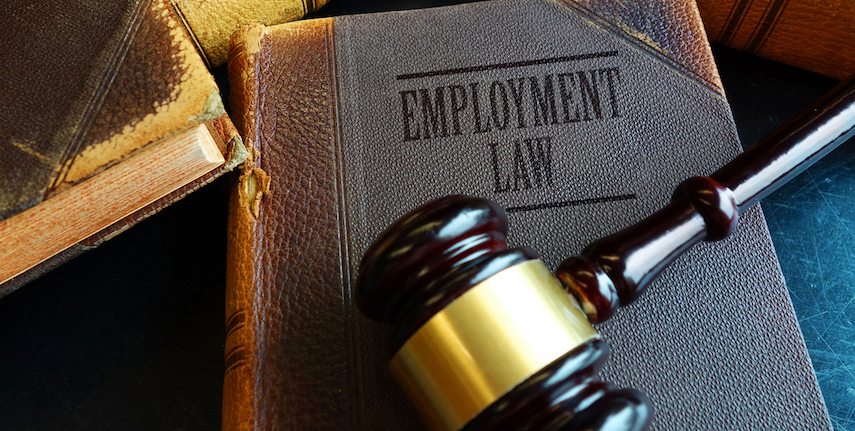California Labor Law: Popular “Day Rate” for Personal Attendants No Longer Legal

The problem is that many employers of personal attendants either are unaware of or refuse to accept this change in overtime laws.
According to Daniel Chaleff, a partner at the employment law firm of Rehwald Glasner & Chaleff, “The Domestic Workers Bill of Rights law requires that caregivers, housekeepers, maids and childcare providers, who work in private households as personal attendants, must be paid a minimum of $9 an hour for the first 9 hours of work, and time-and-a-half - $13.50 - for more than 9 hours worked in a day.
“In my experience, many caretakers of people with disabilities, the elderly, and the sick are being paid under a day rate, for example $80 to $120 per day,” Chaleff says. “Paying personal attendants a day rate is illegal under the new law, which requires employers to pay overtime to personal attendants who work more than nine hours a day.”
As Chaleff notes, at the current minimum wage, a personal attendant working 24 hours in a day must be paid $283.50 per day, well above the typical $80 to $120 day rate.
Domestic workers are employees performing work in someone’s home. They include live-ins and personal attendants. Domestic workers qualify as personal attendants, if they don’t spend more than 20 percent of the total hours worked in a week performing duties other than supervising, feeding and dressing the person cared for. Exceptions to the law may include certain relatives.
Prior to the enacting of the Domestic Workers Bill of Rights, employers were able to use the personal attendant exception to avoid paying their domestic workers overtime. The new law removes that exception and requires employers to pay their personal attendants overtime.
A personal attendant who is not paid for all hours worked, including overtime, can file a lawsuit against his or her employer to recover unpaid wages and overtime. The damages can include reasonable attorney’s fees, associated litigation costs, interest and penalties.
The new law contains a “sunset” provision, which means it is only in effect until January 1, 2017. After that point, the law will be repealed unless another statute is enacted. To determine whether another statute is enacted, the governor will convene a committee - including personal attendants and their employers - to report on the effects of the law.











1 Comment
Christine Musthaler
October 12, 2014